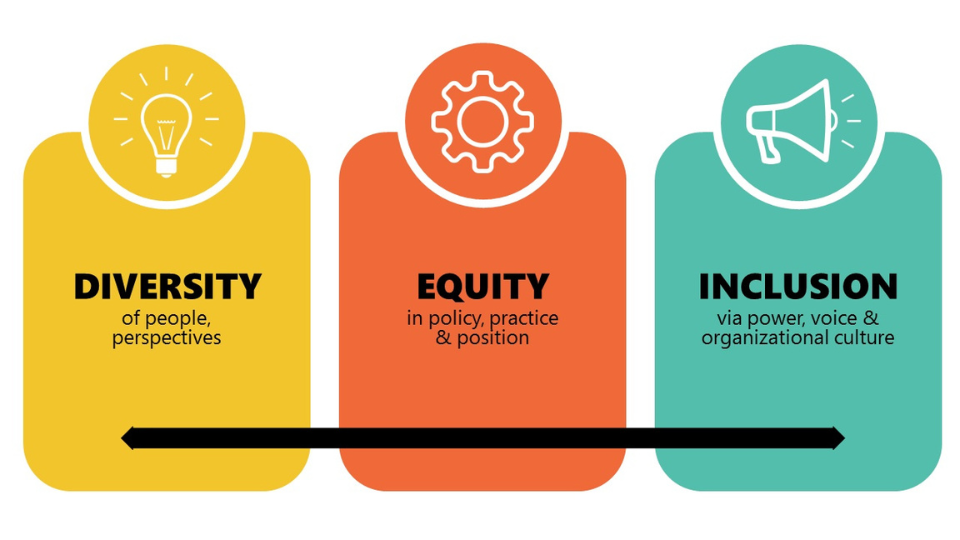
Click on the play button to listen to the audio version.
Thirteen AGs Send Letter on DEI to CEOs
On the heels of the U.S. Supreme Court’s decision to outlaw affirmative action policies in college admissions, Attorneys General from thirteen states including Alabama, Arkansas, Indiana, Iowa, Kansas, Kentucky, Mississippi, Missouri, Montana, Nebraska, South Carolina, Tennessee, and West Virginia sent a letter to the 100 largest corporations in America, advising them that they believe the ruling extends to private companies. In their letter, the group of Attorneys General stated their view that “racial discrimination in employment and contracting is all too common among Fortune 100 companies and other large businesses.” They warned that if a company “previously resorted to racial preferences or naked quotas to offset its bigotry, that discriminatory path is now definitively closed” as a result of the Supreme Court’s decision in SFFA v. Harvard and that those companies must “overcome their underlying biases and treat all employees, all applicants, and all contractors equally, without regard for race.” The letter provides specific examples of the ways in which employers allegedly engage in unlawful discrimination, such as “explicit racial hiring quotas” and preferences for contractors with diverse staff or minority leadership. The Attorneys General further criticized pledges by several major companies to foster diversity and support minority-owned businesses during racial justice protests in 2020. There is little doubt, that corporate DEI policies in all forms will soon be challenged in the courts.
Not Many Latinos Benefitted from Affirmative Action
In the short run, the elimination of DEI hiring policies and supplier diversity programs will have a negative impact on the relatively small number of employees and small businesses that have benefited from those policies. However, the programs were far from perfect. 60 years after the Civil Rights Act of 1964, Latinos remain the most underrepresented ethnic group in America’s c-suites and boardrooms, and if you have ever attended a National Minority Supplier Development Council convention, you probably noticed there weren’t many Latinos in the room. Perhaps some of that is on us, but affirmative action has never worked especially well for Latinos.
DEI Policies Make it Too Easy for Companies
I have often said, that corporate DEI policies make it too easy for companies. Most DEI executives are what I call “one-tank generals”. In other words, they have big titles but rarely have a significant budget or staff. When I first started building NAHREP, I visited many of the largest companies in the industry, and I joked to friends that it seemed like most companies had executives whose only job was to deal with people like me. Let’s be honest, for many companies, DEI has always been more about optics than about anything real. If the Supreme Court rules that race-based hiring and contracting practices are illegal, as I expect they will, companies will have to base their hiring policies on actual business strategy, not on quotas. That could create a paradigm shift in how companies view the issue. The bottom line is that companies who have hidden behind disingenuous DEI policies will have to find alternative ways to find diverse talent if they don’t want to be embarrassed and if they expect to compete in America’s New Mainstream Economy.
It’s About Growth, Stupid
Make no mistake, the 13 Attorneys General and the critics of affirmative action are not trying to help minority groups. They don’t believe their efforts will result in a greater strategic investment in diverse communities, but that could very well be the outcome. The first rule of capitalism is capital flows to where the growth is, and the data clearly shows that there is no doubt where the growth will come from. In 2019, for the first time in history, less than 50% of America’s adolescents identified as White, and Hispanics were the largest non-White group by far. As Hispanics drive growth in almost every economic sector in America, DEI will evolve from a “nice to have” policy to an economic imperative for any company expecting to grow. Companies with executives, employees, and contractors who come from those communities and understand those cultural nuances will have a competitive advantage over those who don’t. It’s as simple as that.
